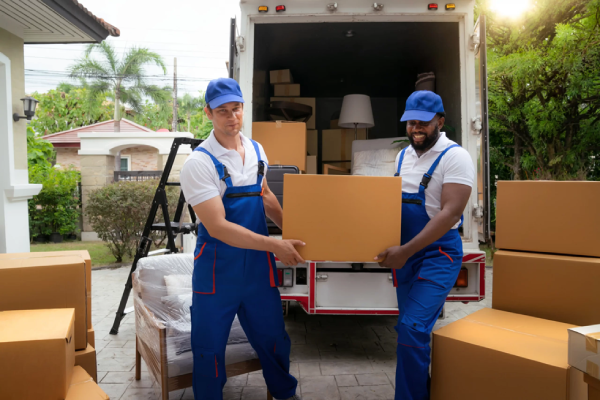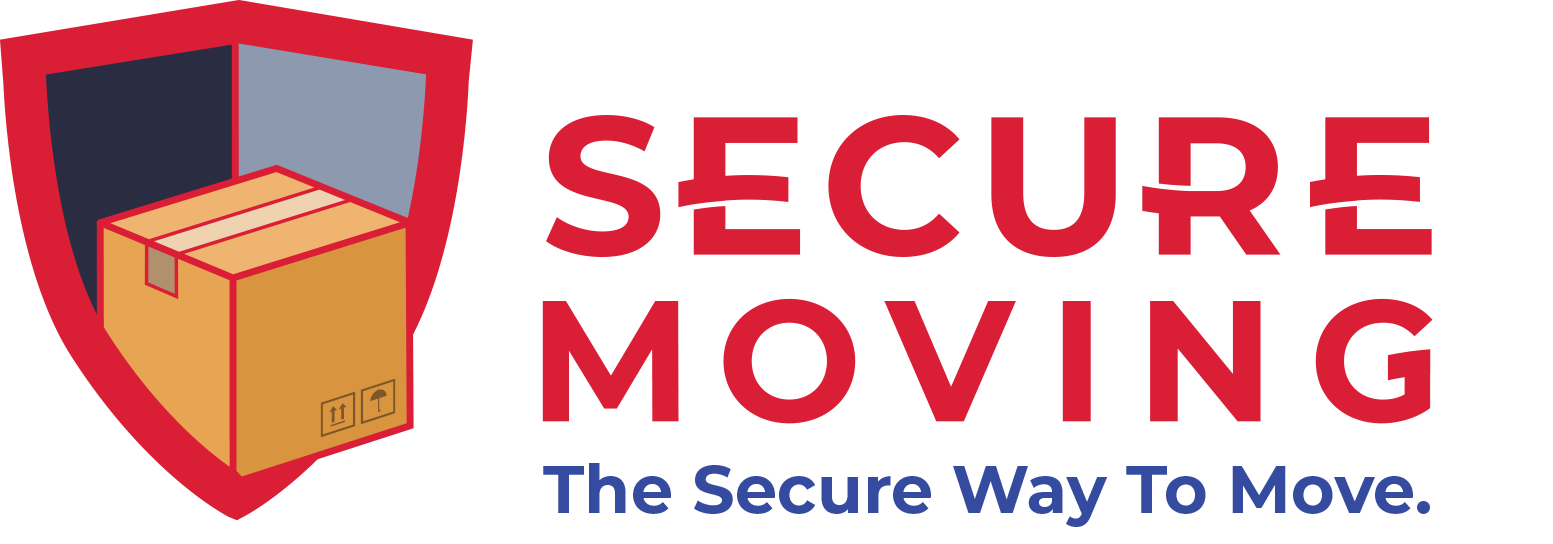Introduction
Relocating across the nation is a big life decision that has to be carefully thought out and planned. One of the most important aspects to think about is how you will store your belongings during the move. With so many options available, it can be overwhelming to decide which storage solution is best for your needs. Understanding the different cross country moving storage options can help simplify the process, ensuring that your items are safe, accessible, and well-protected throughout your journey. Whether you’re storing everything you own or just a few precious items, choosing the right storage option can make your move much smoother and less stressful.

Types of Storage Options
Here are some common storage options for cross-country moves:
1. Self-Storage Units
Self-storage units are a popular choice. You rent a space in a storage facility where you can keep your stuff. You can access your items whenever you need them, which is great if you want to get something out of storage. These units come in different sizes, so you can find one that fits everything you need to store.
2. Portable Storage Containers
Portable storage containers are another option. A company delivers a container to your home, and you pack your things at your own pace. Once you’re done packing, the company picks up the container and takes it to your new home or a storage facility. This is especially handy for long moves because it saves you from having to make multiple trips.
3. Full-Service Storage
Full-service storage is a hands-off option. A moving company will pack your items, transport them to a storage facility, and then deliver them to your new place. This service is good if you want to avoid the hard work of moving, but it usually costs more.
4. Climate-Controlled Storage
Climate-controlled storage keeps your items at a steady temperature and humidity level. This is important for things like electronics, antiques, or artwork that can be damaged by extreme temperatures or moisture. While this type of storage is more expensive, it helps keep your valuable items in good condition.
Key Considerations When Choosing a Storage Option
When picking a storage option, think about these factors:
1. Duration of Storage
How long will you need to store your items? If it’s just for a short time, self-storage units or portable containers might be cheaper. For long-term storage, full-service or climate-controlled options might be better.
2. Type of Items Being Stored
What are you storing? Regular items can go into a self-storage unit, but valuable or delicate items might need climate-controlled storage.
3. Accessibility Needs
How often will you need to get to your stuff? Self-storage units usually let you access your items anytime, while full-service storage might require advance notice.
4. Budget Constraints
How much can you spend? Self-storage units and portable containers are usually less expensive, while full-service and climate-controlled storage cost more. Find a balance between your needs and your budget.
Pros and Cons of Each Storage Option
Self-Storage Units
Pros:
- Flexible Access: With self-storage units, you can access your belongings whenever you need. This is especially useful if you need to retrieve or add items to your storage on short notice.
- Different Sizes: These units come in various sizes, so you can choose one that fits the amount of stuff you need to store, from a few boxes to the contents of an entire house.
Cons:
- Requires Transportation: You need to handle the transportation of your items to and from the storage facility. This means you’ll need a vehicle or help to move your belongings, which can be time-consuming and physically demanding.
- Security Might Not Be the Best: While many self-storage facilities have security features, the level of protection can vary. Some facilities may not offer 24-hour surveillance or advanced security measures, potentially leaving your items less secure.
Portable Storage Containers
Pros:
- Convenient: Portable storage containers are delivered right to your home. You can pack your items at your own pace, which makes it easier to manage your time and move.
- Flexible Packing Schedule: Since you have control over when you pack, you can organize your belongings according to your own schedule. This flexibility is great if you need extra time to get everything packed.
Cons:
- Limited Access Once Packed: Once your container is packed and picked up, you typically can’t access your belongings until they are delivered to your new location or to a storage facility. This can be inconvenient if you need something urgently.
- Possible Extra Fees: Some companies may charge additional fees for delivery, pick-up, or extended storage time. It’s important to understand all potential costs upfront to avoid surprises.
Full-Service Storage
Pros:
- All-in-One Service: Full-service storage includes packing, transporting, and storing your items. The moving company takes care of everything, which is convenient if you prefer not to handle the moving process yourself.
- No Heavy Lifting Needed: Since the moving company handles the physical work, you don’t have to worry about lifting heavy items or dealing with the logistics of moving.
Cons:
- More Expensive: Full-service storage is typically more costly than self-storage or portable containers. The convenience and comprehensive service come with a higher price tag.
- Less Control Over Access: You may have less flexibility in accessing your items compared to self-storage. Retrieving items might require scheduling or advance notice, which can be less convenient if you need something quickly.
Climate-Controlled Storage
Pros:
- Protects Sensitive Items: Climate-controlled storage maintains a consistent temperature and humidity level, which is essential for protecting delicate items such as electronics, antiques, or valuable artwork from damage caused by extreme temperatures or moisture.
- Maintains a Steady Environment: This type of storage helps ensure that your belongings remain in good condition by preventing issues related to heat, cold, or dampness.
Cons:
- Higher Cost: Due to the extra features and technology involved in maintaining the climate, this option is generally more expensive than standard storage units.
- May Not Be Necessary for All Items: Not all items require climate control. If you’re storing everyday household items, you might not need the extra protection, making this option more costly than necessary.
How to Choose the Right Storage Option for Your Move
To pick the best storage option, think about your move’s details, like how far you’re moving, how long you need storage, and what you’re storing. Compare your needs with your budget to find the best storage solution for you.
Additional Services to Consider
Consider these extra services to make your move easier:
- Packing and Unpacking Assistance
Professional packing services can help you pack your items safely and quickly. This can save time and reduce the risk of damage. - Insurance Coverage
Make sure your items are insured during the move. Check with your storage provider about insurance options to protect your belongings from damage or loss. - Security Features
Look for storage facilities with good security features like cameras, gated access, and on-site staff to keep your items safe.
Conclusion
Understanding your cross-country moving storage options helps make your move easier and more secure. By knowing the types of storage available, considering important factors, and thinking about extra services, you can choose the right storage solution. Good planning and organization will help make your move go smoothly.









